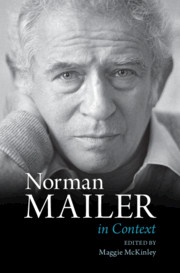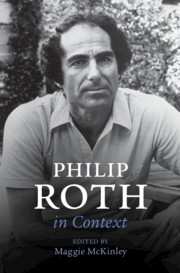Eugène Ionesco was born in Romania in 1909, but he died in France in 1994. The name on his birth certificate was Eugen Ionescu, yet the name on his grave in the Montparnasse cemetery is Eugène Ionesco, as he is known across the world. In this article, Octavian Saiu explores these polarities of Ionesco's destiny from the perspective of his reception in Romania, where nationalistic claims are embroiled in contention over his identity. The paradoxes of this situation are clearly illustrated by the conflict surrounding the celebration of his centenary in 2009, when Marie-France Ionesco, the writer's daughter and the trustee of the estate, banned a series of Romanian performances of Ionesco's plays planned for the occasion. Her decision reflected the traumatizing relationship Ionesco had, even beyond his grave, with what he uncompromisingly called his ‘fatherland’. Octavian Saiu is an Associate Professor at the National University of Theatre and Cinematography (NUTC) in Romania and a Guest Lecturer at the University of Otago in New Zealand. He is Vice-President of the Romanian Section of the International Association of Theatre Critics (IATC) and Director of the Eugène Ionesco–Samuel Beckett Research Centre at NUTC.

